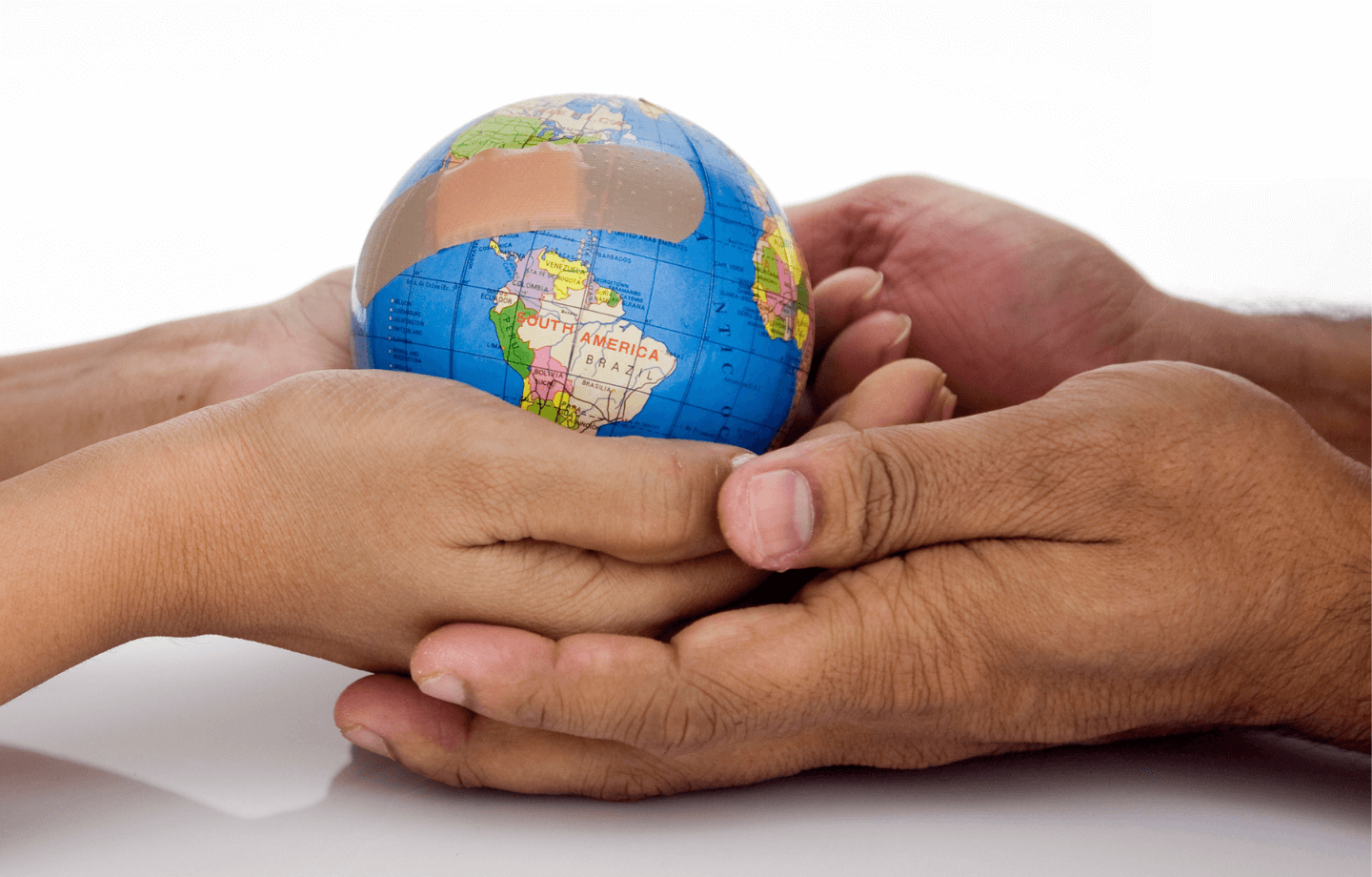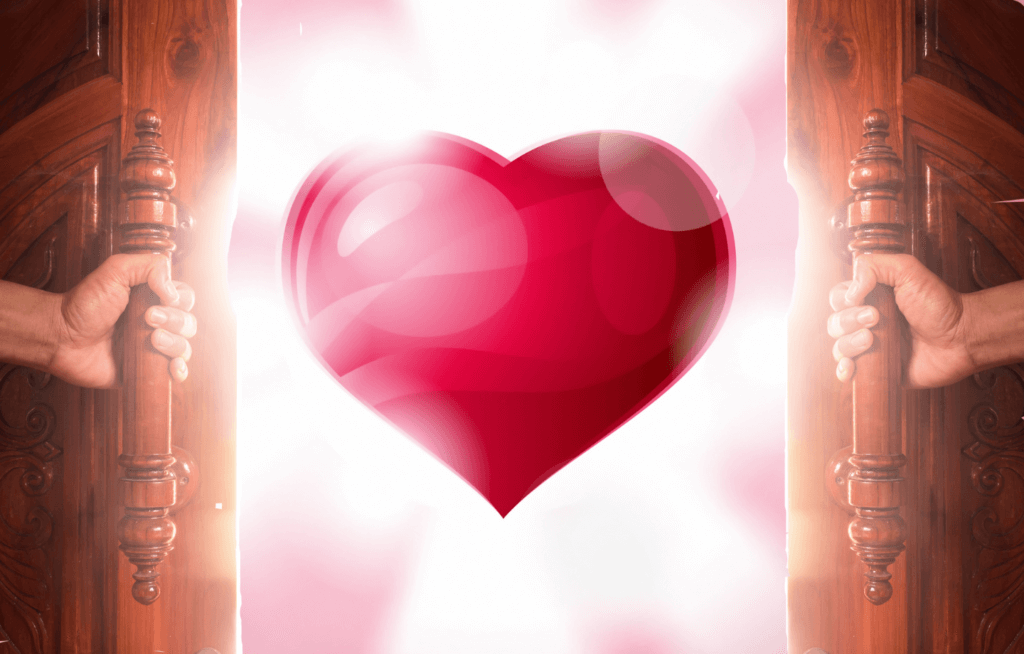
- This event has passed.
Healing Ourselves/Healing the World
Sunday, March 3 @ 10:30 am - 11:30 am


Social Justice as a Spiritual Practice. We often make a distinction between social justice actions and spiritual practices. Can social justice activism be sacred? Are we making artificial distinctions that separate us from the spiritual nature of social justice activism? Join us as we explore mindfulness-enriched approaches to antiracism and social justice in an environment that promotes self-reflection, deep listening and community engagement.
Rev. Dr. María Cristina Vlassidis Burgoa will be preaching.
How to Attend
We encourage masks in all buildings. Read more about our In Person Guidelines here.
• To virtually attend, please Zoom in using room number 989 3107 9078, passcode: chalice.
• To phone into the service, call 669-900-6833, Meeting ID: 989 3107 9078.
For those joining, please mute as soon as you enter the room, so everyone can hear. Please note, the services will be recorded, but at this time, there are no plans to share the recording.
More Information
Religious Education for children and youth happens during worship on Sundays. Children and youth arrive in the Sanctuary for the just a little bit and welcome in Sunday with a story and song. Then, they attend their own programs in the Education building. Learn more here!
If you don’t have a chalice, but want to light one, check out our Making a Chalice at Home page.
In person services are followed by coffee hour.
Children’s Story
Sermon Audio
Healing Ourselves/Healing the World
Sermon Text
As Unitarian Universalists we are on a continuous journey towards becoming our best selves, a search for truth and meaning, the ongoing creation and reimagining of our internal emotional and moral landscapes as well as ways we interact with the world; a world which demands we answer the call of love, build the beloved community, and bring healing wherever and whenever we bear witness to injustice, oppression, and suffering. We are a liberal religion, a faith tradition rooted in liberation from tyranny from civil and religious institutions alike. The founders of our Unitarian faith raised their voices against ignorance and in favor of freedom of religion: the freedom to choose, to doubt, to depart from dogma that kept people prisoner of guilt, shame, and fear. The freedom and the courage to express new ideas that contradicted the theology of the times, often paying for this with their lives. Unitarianism grew out of answering the call of love, the call of justice, the call of liberation. This was not exclusively an intellectual struggle, people had to wrestle with the beliefs that had been instilled in them, they had to wrestle with their notions of the divine, their entire faith foundation and their understanding of God, and the bible, while retaining their Christian faith, but having the courage to have a different understanding of Jesus, as human and not part of the Holy Trinity. Jesus as a teacher and moral compass to guide us. Likewise, our Universalist ancestors challenged the notion of eternal damnation and believed in universal salvation. They did not believe that only a small number of people would be saved. Influenced by the Enlightenment that revolutionized ideas about God, nature, and the human condition, Universalists believed that God was/is a loving and merciful God, akin to a loving parent who would be incapable of sentencing his children to an afterlife of perpetual punishment. As Unitarian Universalists we have historically embraced both the belief in God, that humans were created in the image of God, and we have also embraced reason, the belief that our human nature holds the potential for transformation, for ongoing revelation, and that our capacity to reason calls us to examine and re-examine, to question and search, to defend the freedom to fashion a liberal faith that makes room for choice. When asked to define Unitarians and Universalists. Thomas Starr King is believed to have responded with: “The Universalists think God is too good to damn them forever; the Unitarians think they are too good to be damned forever.” So, we come from a long line of heretics, dissenters, nonconformists, refusing to accept religious dogma as prescribed by the church. And we would not be doing justice to this legacy if we only understand it as an intellectual movement. Spirit has always been the thread woven into our history. Which brings us to the question of social justice versus spirituality. Is there a distinction? Are they interwoven and can they exist one without the other? What do we understand as spiritual? What do we understand as social justice?
I grew up in the Catholic church in a small town in Chile. A church which was part of a theological revolution: liberation theology. This theology saw Jesus as human, on the side of the poor and suffering, Jesus as part of the masses who demanded justice, equality, bread, and liberation from oppression. For us to be on the side of the poor and suffering was to be on the side of love. Liberation theology’s option for the poor reflected the love of that human Christ, the persecuted Christ, the unjustly executed Christ, which reflected the reality of the people, the people who were hungry, homeless, in prison, and crucified every day for being who they were. Liberation theology was coming in close proximity with suffering and being open and willing to be transformed by love. Liberation Theology cannot be simply an intellectual exercise, it requires action. Loving action. We are obliged to promote social justice as an act of faith, as part of our spirituality. Social justice within a liberation theology framework also requires us to go beyond marching, raising our fists against injustice. Social justice is engaging our whole being, building interdependent beloved communities, a network of mutuality, where hope can resurrect, where dignity can be restored, where our humanity is lifted up, where the marginalized matter, and together become agents of liberation, a state of enlightenment that restores and heals through music, prayer, art, nature, dance, planting community gardens, and answering the call of love through our social justice ministries. I can’t speak for all of our social justice ministry team members but I am guessing that if we ask why they do what they do, they would not respond with a simple: because it’s the reasonable or intellectually savvy thing to do. They, like me, would speak of love, of human connection, of experiencing something akin to a mystical experience, a stirring within, a feeling hard to put into words whenever we connect and engage in the work of healing the world. They, like me, would say that social justice is a spiritual practice and that spirituality would be meaningless without our ongoing efforts to make a difference, to lift someone up from despair, to work together to amplify a message of hope and liberation for all. Whether we replenish our energies and nourish our souls by reading biblical passages, the poetry of Mary Oliver, or being in nature, the important thing is that we keep coming back to the work, that we don’t allow ourselves to make artificial distinctions between social justice and spirituality. If we can widen our vision and use a more inclusive lens of what social justice and spirituality mean, we can experience a dynamic movement, one feeding the other, one giving meaning to the other, integrating our seemingly disparate practices.
Sometimes, when we have a particular idea or set expectations of what a spiritual experience should look, sound, or feel like, we might set ourselves up for disappointment. Being Unitarian Universalists means that we embrace a multicultural and theologically diverse way of being, a faith tradition that has multiple sources of inspiration, a history of being both and, a challenge to become more and more inclusive, and to do our heretical ancestors proud by continuously questioning the status quo and dismantling systems of oppression. Being Unitarian Universalist means that we are willing to co-exist and not just tolerate but celebrate and lift up different ways of expressing our religious and spiritual beliefs. This too is social justice: to sit next to someone who would find solace, a renewed sense of hope, and their faith restored when singing Amazing Grace or “There’s a Balm in Gilead” and then the next week to sit next to someone whose theology emanates from the mycelium networks that are healing the world. And then to be the one who chooses to believe in the best that our sources have to offer, to delight and derive inspiration from biblical passages that reveal women’s wisdom, to sing songs of protest, and to share a communion that acknowledges our infinite potential as co-creators and stewards of this hurting world.
After I left Chile, I was unchurched for a long time. The catholic church here in the united states was very different from mine. While they offered some opportunities to serve the poor, it looked and felt more like charity than solidarity. Needless to say, the catholic church’s stance on women’s reproductive rights and LGBTQ rights, especially during the AIDS pandemic, was not something that inspired me or nourished my soul. So I took refuge in social justice devoid of a sense of spirituality, driven by a moral obligation. I went to law school to become an advocate only to discover that it was precisely in the prisons, in the AIDS hospices, in the streets of New York City and Boston that I found my calling to the ministry, when I visited a Unitarian Universalist church where a lesbian minister from the pulpit invited us to be in solidarity with people living with HIV/AIDS, to join in solidarity with the People of Puerto Rico struggling to get the US navy out of Vieques, to fight for marriage equality, to provide friday night suppers to anyone in need, and to renew our energies by practicing Thich Nhat Hanh’s mindfulness or singing in the choir. From that moment social justice and spirituality were no longer separate things. Worship and service within a Unitarian Universalist community was liberation theology at its best.
From Joanna Macy, I have learned that the spiritual practice of environmental awareness and honoring the pain of the world offers us a wider sense of self, a richer experience in community, and the strength of what she calls “active hope.” She writes that active hope is not just wishful thinking but something we do rather than have. It involves being clear about what we hope for and then playing our role in the process of moving in that direction. She calls this time the Great Turning and teaches us that the journey of finding, and offering, our unique contribution to the healing of the world in this time helps us to discover new strengths, to be open to a wider network of allies and to experience a deepening of our aliveness. She says that when our responses are guided by the intention to act for the healing of our world, “the mess we’re in” not only becomes easier to face, but our lives also become more meaningful and satisfying.
Our Sunday worship services are carefully, intentionally, and lovingly created to offer us opportunities to nourish our spirits, to put our burdens down, to find inspiration, to connect to a loving community, to bear witness to the power of collective action, including prayer, music, and meaningful reflections from a variety of sources. This is where we get to co-create active hope, build the beloved community, and reaffirm our commitment to healing our world.
When we expand our understanding of activism and of spirituality, we can feel a deeper connection to our best selves and derive a greater sense of hope in the face of injustice and despair.
These days I am reading and re-reading A fire at the Center: Solidarity, Whiteness and Becoming a Water Protector by Rev. Karen Van Fossan, Lyanda Haupt’s Life at the Crossroads of Science, Nature, and Spirit; Victoria Loorz’s Church of the Wild: How Nature Invites us into the Sacred, Dorcas Cheng-Tozun’s: Social Justice for the Sensitive Soul: How to Change the World in Quiet Ways, and Robin Wall Kimmerer’s books Braiding Sweet Grass and Gathering Moss. They are all testaments of the presence of the divine in prayer, in plants, science, stardust and moss, in the mystery of the universe, in human connection, and the interbeing of us all. And you are testaments and sources of inspiration, reaffirming that our social justice actions to protect Mother Earth and to amplify the voices of all suffering beings are also our spiritual practices. It is in the act of weaving or braiding that we experience the web of life of which we are all a part, the deep connection rooted in the ancient practice of being human and curious and needing one another to become our best selves and to give the best of ourselves to a hurting world.
When we gather to worship, to meditate, to plant a garden, to sing, to be in nature, to make sandwiches, to make art, to show up in solidarity with our indigenous neighbors, to march in solidarity with our LGBTQIA+ siblings, our spirits feel it, there is a stirring deep within us, we are embodying and expressing our deepest common bond as humans who need one another, who need to express love and receive love.
Beloveds, may we, like our Unitarian and Universalist heretical ancestors forge new paths and understandings of our human condition, with courage to denounce and dismantle systems of oppression, answering the call of love to restore hope, and bring healing to this broken world. We need not think alike, but we do need to love alike: to love justice, love freedom, love our neighbor, love nature, love beyond categories and labels, love the song if only because it makes someone feel seen, held, embraced, restored, whole, and free. Now let us sing!


